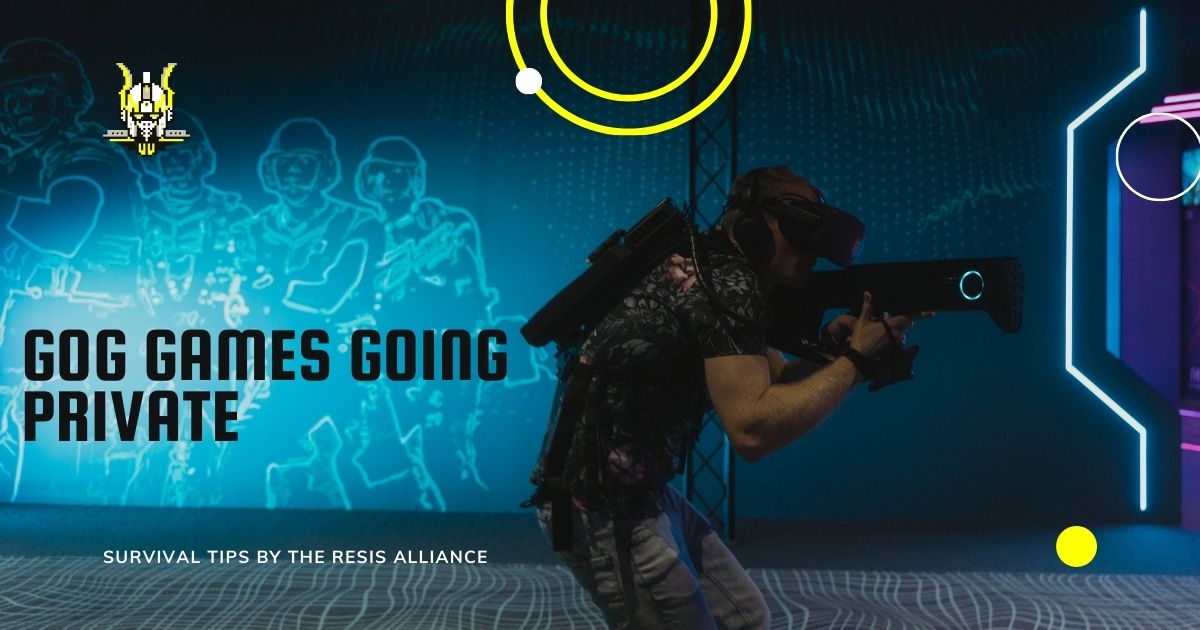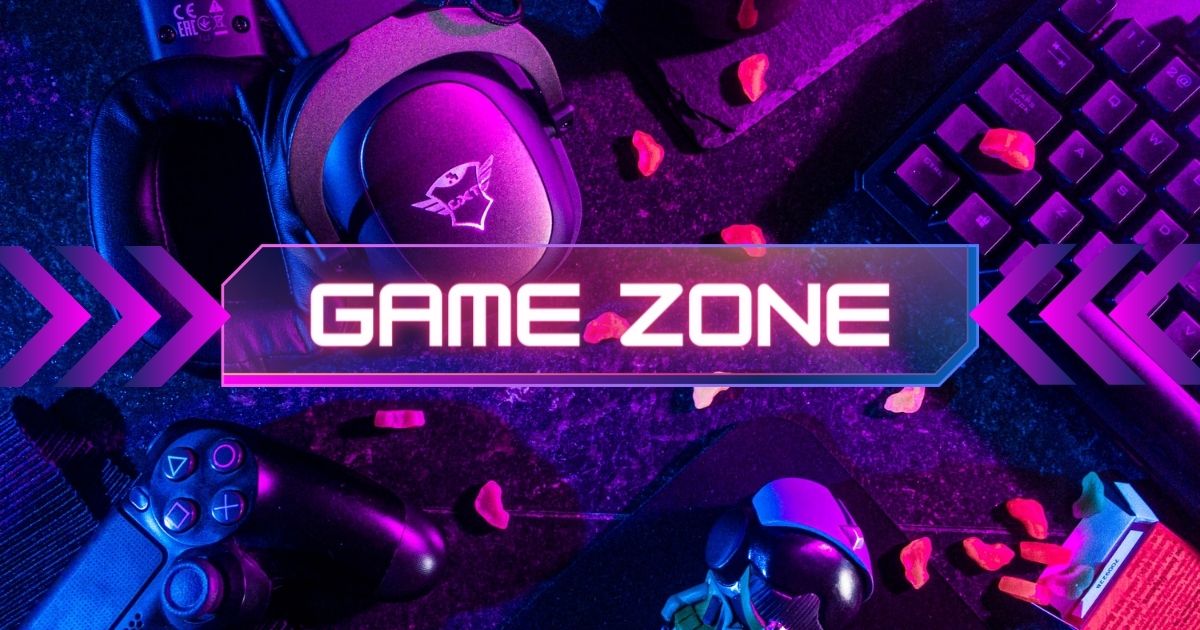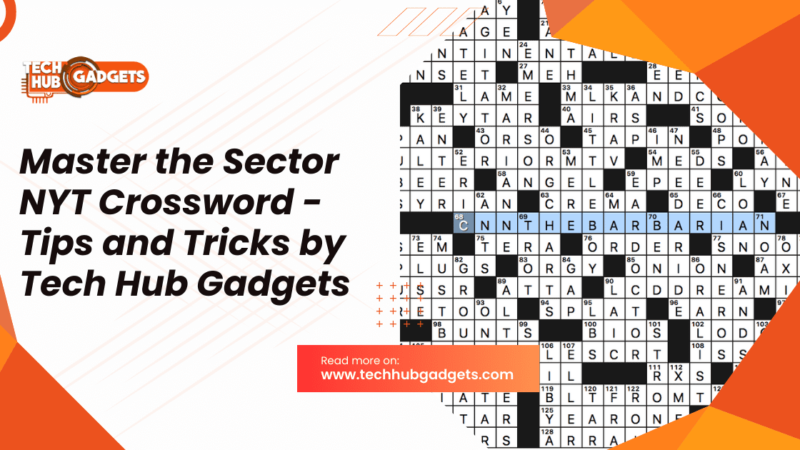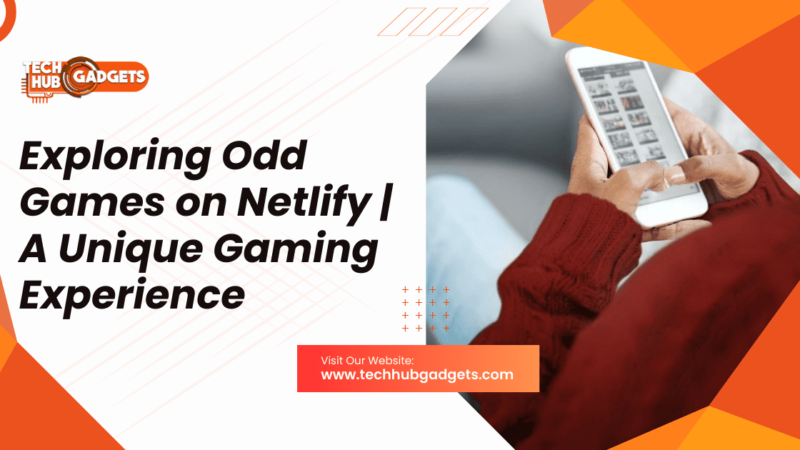GOG Games Going Private – Unlocking the DRM-Free Frontier
In the labyrinthine world of gaming, whispers have emerged surrounding the potential privatization of GOG Games. This enigmatic proposition has sparked both intrigue and apprehension within the gaming community. For those uninitiated, GOG (Good Old Games) is a bastion of DRM-free gaming, offering players a sanctuary from digital rights management shackles. Let us embark on a journey to unravel the implications of GOG Games stepping into the private sphere and its ramifications on gamers and the digital distribution landscape.

Unraveling the Veil: GOG Distinctive Realm
GOG games going private, an offshoot of CD Projekt, the visionary minds behind the illustrious Witcher series, has etched its identity by championing DRM-free gaming. This ethos has garnered GOG a devout following, particularly among gamers who prize sovereignty and autonomy over their gaming library.
Prying Open the Concept of Privatization:
When a company transitions from a publicly traded entity to a privately held one, it ventures into the clandestine realm of privatization. This metamorphosis may stem from a multitude of motives, whether a quest for amplified control by current proprietors, a maneuver to streamline operations, or an endeavor to enact substantial changes shielded from the scrutiny of shareholders.
Peering Behind the Curtain: Motivations for GOG Private Sojourn
- Amplified Flexibility: Liberated from the public eye, GOG could chart audacious, long-term trajectories sans the relentless gaze of shareholders. This could pave the path for innovative and user-centric overhauls of the platform.
- Fortifying Core Tenets: GOG’s unwavering allegiance to DRM-free gaming sets it apart. Privatization could fortify this allegiance, safeguarding GOG from commercial pressures and allowing it to embrace DRM-laden strategies.
- Strategic Maneuvering: In the cutthroat arena of gaming, agility is paramount. Privatization might empower GOG to adapt to market alterations swiftly, infuse capital into nascent technologies, or forge alliances harmonizing with their vision.
The Ripples of Privatization: Impacts on Gamers
- Sustained DRM-Free Sanctuary: Privatization could cement this paradigm for aficionados of GOG’s DRM-free sanctuary, ensuring that GOG remains a sanctuary for gamers who venerate ownership amidst an ocean of subscription models and DRM encumbrances.
- Augmented Services and Enticements: Unfettered by quarterly reports, GOG could funnel resources into platform enhancements, exclusive content, and elevated customer support, heralding a renaissance in user experience.
- Community Coalescence: GOG has cultivated a legacy of valuing community input. As a private entity, it could deepen this symbiosis, enacting changes and features echoing the desires of its devotees.
Challenges and Contemplations:
- Shadows of Financial Opacity: The cloak of privatization veils financial transparency. This opacity might unsettle some users and industry pundits accustomed to the luminescence of public disclosures.
- Capital Conundrums: Public entities luxuriate in access to capital markets. Privatized, GOG must ensure a steady influx of resources to sustain its operations and expansion sans the assistance of public investment.
- Market Melees: The digital distribution arena teems with behemoths like Steam and Epic Games Store. GOG must perpetually innovate and proffer distinct value propositions to safeguard and augment its market share.

Also Read: Cosmos Persona Quiz – Discover Your Inner Cosmic Self
FAQs:
Sharing GOG games is legal if it complies with the platform’s terms of service and copyright laws. GOG allows users to share games with family and friends but prohibits unauthorized distribution or piracy.
Are GOG games trusted?
GOG (Good Old Games) is a trusted platform for purchasing and downloading games. It has built a reputation for offering DRM-free games, excellent customer service, and fair pricing.
Is GOG making money?
GOG is a commercial platform, and like any business, its primary goal is to generate revenue. While specific financial details may not be publicly disclosed, GOG earns money through game sales, partnerships, and other services.
Who owns GOG games?
GOG is owned by CD Projekt, a Polish video game developer and publisher known for the Witcher series. CD Projekt acquired GOG in 2008 and operates as a company subsidiary.
Why is GOG better than Steam?
GOG offers several advantages over Steam, including DRM-free games, a curated selection of classic and indie titles, a focus on preserving gaming history, and a commitment to customer-friendly policies such as refunds without time limits.
Does Amazon own GOG?
No, GOG is not owned by Amazon. It is a subsidiary of CD Projekt, an independent video game company based in Poland. Despite occasional rumors or speculation, GOG and Amazon have no ownership connection.
Illuminating the Path Ahead:
The “GOG Games going private” conjecture casts a luminous beacon upon the gaming sphere. While the actual impact awaits revelation, the promise of privatization might invigorate GOG’s capacity to serve its community, innovate with impunity, and reaffirm its fidelity to DRM-free gaming. This could herald a renaissance in dedication and responsiveness for gamers, cementing GOG’s stature as a cherished purveyor of digital games.
As the mists of speculation dissipate, vigilance and engagement with GOG Games Feature proclamations emerge as cardinal virtues for enthusiasts and stakeholders alike. Whether GOG embarks on the journey to privatization or not, the discourse underscores the ever-evolving tapestry of the gaming realm and the stratagems companies deploy to satiate the cravings of their adherents.


